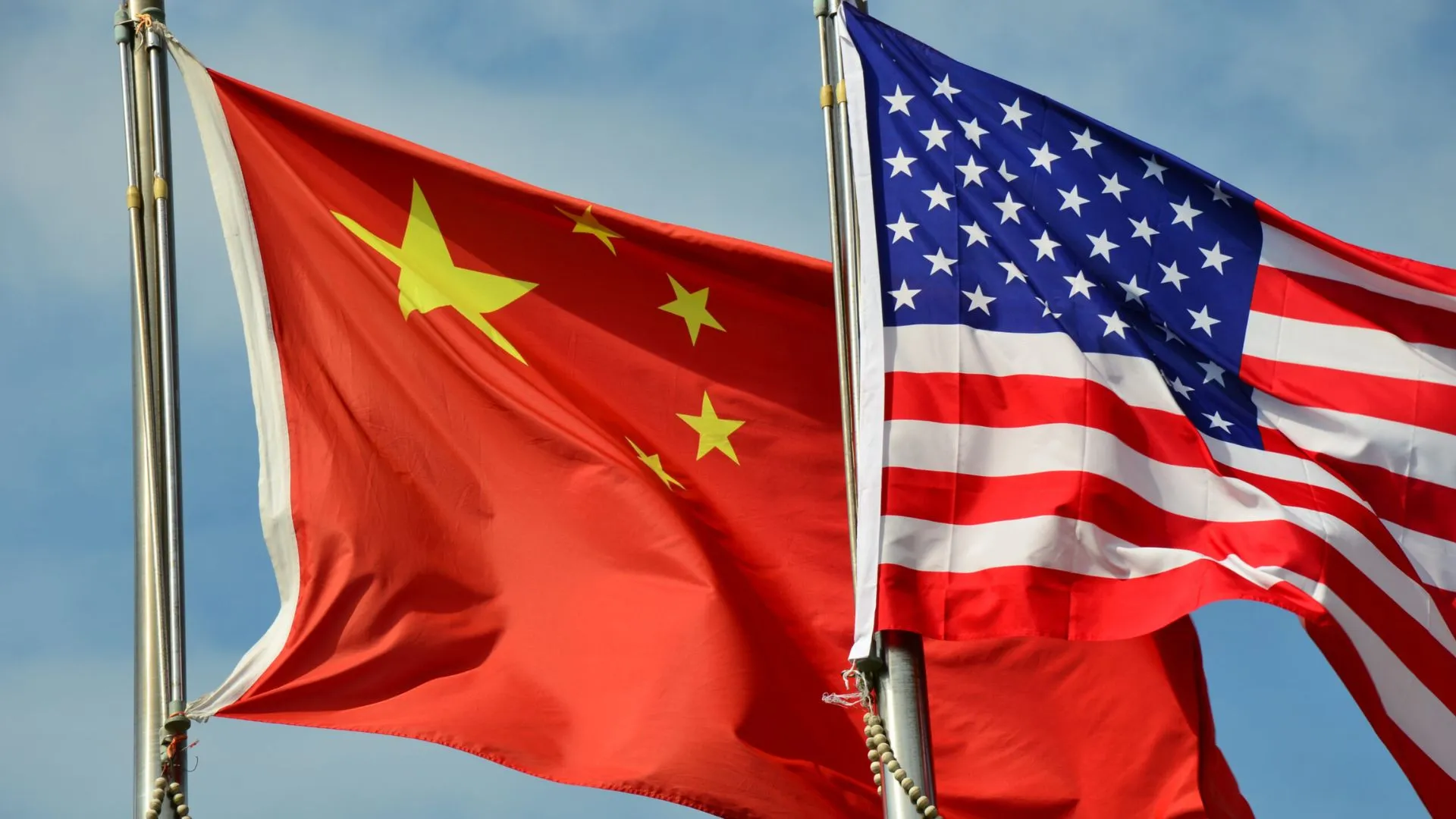Former President Ram Nath Kovind on Friday asserted that the concept of holding simultaneous elections to the Lok Sabha and state assemblies was not a new idea introduced by the Bharatiya Janata Party (BJP). Instead, he emphasized that it was the brainchild of India’s founding fathers. Kovind’s comments came in response to recent discussions on the ‘One Nation, One Election’ initiative, which aims to conduct parliamentary, state assembly, and local body elections together.
Kovind pointed out that former President Pranab Mukherjee had supported the idea of holding elections simultaneously and believed that it could be implemented either through consensus or by a government that enjoys a full majority. The former president’s remarks were made while speaking to Aaj Tak, where he elaborated on the idea’s origins and its potential benefits.
Kovind’s committee on ‘One Nation, One Election’ had recommended a phased approach to holding simultaneous elections for the Lok Sabha, state assemblies, and local bodies. His committee’s report laid the groundwork for the government’s recent move.
Cabinet Approval for Bills
On Thursday, the Union Cabinet approved two key bills that aim to enable the simultaneous conduct of parliamentary and assembly elections. This decision marked a significant step toward implementing the long-debated concept. Kovind, while speaking on the potential impact of simultaneous elections, mentioned that this approach would allow governments to have a longer period to fulfil their electoral promises. He added that currently, with multiple elections spread over years, an elected government only has approximately 3.5 years to deliver on its promises and meet public aspirations.
Political Consensus and Opposition’s Views
When asked about the opposition’s stance on the matter, Kovind explained that there was initial interest from Congress leader Adhir Ranjan Choudhury, who was willing to join the committee. However, after consulting with party higher-ups, Choudhury withdrew from the process. Despite some opposition, Kovind stressed that 32 political parties had expressed support for the simultaneous elections, while 15 others were against it.
In his view, as India is a democracy, the side with the majority should prevail. Kovind further stated, “The 32 parties in favor of simultaneous elections should have their views accepted, and those 15 who oppose it should reconsider their stance.” His comments highlight his belief in the democratic process and the importance of majority support in shaping policy.
A Return to Historical Precedents
Simultaneous elections were held in India from 1951 until 1967, and the idea of conducting elections together has been revisited in various reports since 1983. The discussions around ‘One Nation, One Election’ essentially aim to revive this previous practice, which could bring about efficiency in governance and reduce the costs and time involved in holding multiple elections.
The concept of simultaneous elections continues to be a subject of debate, with strong backing from a majority of political parties. Ram Nath Kovind’s defense of the idea underscores the long-standing historical support for the initiative. While the government moves forward with legislation to implement the proposal, it remains to be seen how the opposition will respond to the changing political landscape.
ALSO READ: Parliament Winter Session: LoP Rahul Gandhi Spaeaks With Samvidhan In Hand























